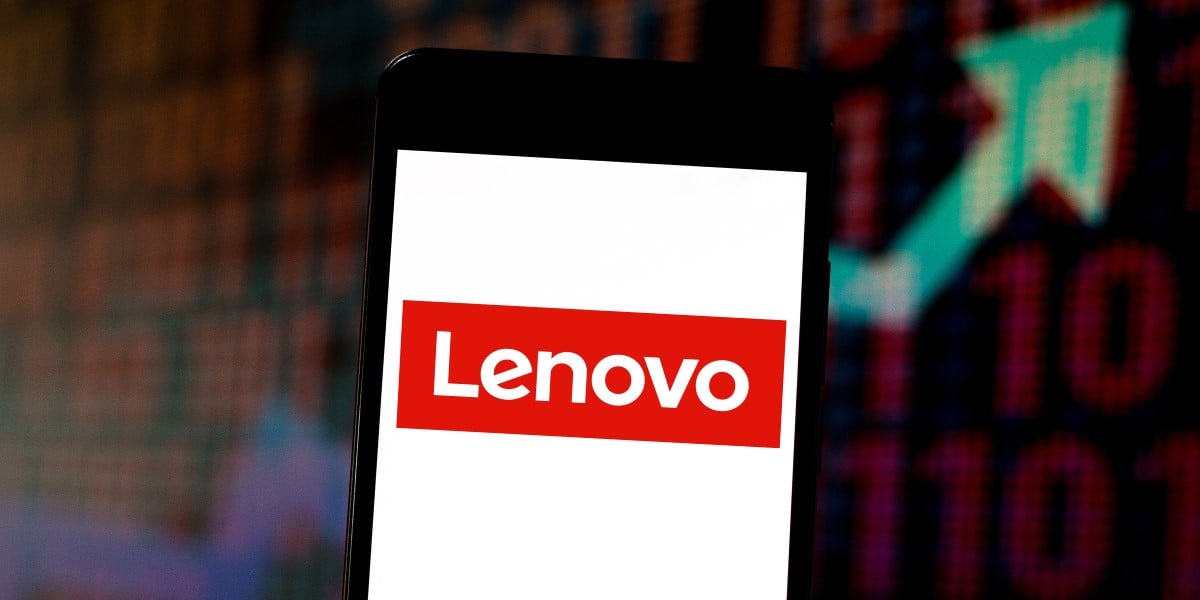I really do wish we could get away from the buy-and-throw-away mentality. We need to repair and reuse a lot more.
Tu further remarked that the laptop is not great from an environmental standpoint either – recycling its material won’t be easy, or cheap.
If they are producing them, this is their job, to make them more sustainable in terms of the hazardous materials used (and the ability to remove them safely), the way in which precious metals are harvested from them (reducing usage of thin layers of them which are inherently difficult to recycle), and for repair and reuse.
Why doesn’t this person understand who makes the profit? Sounds like their job also.
So, morally, we explore them to. But it’s not their job. A companies job is to drive the maximum amount of value to shareholders possible. That’s the horrific hellscape we have.
This combined with consumer choice being at an all time low thanks to no one having any money for choice, means that unless there are actual legally bound requirements for recycling, no one is going to do it. Especially if it cuts profits.
Not the intention of my comment, I meant: moaning that something you create is bad for the environment is ridiculous, they can make it not bad for the environment then they can’t complain… about themselves. If they truly cared about sustainability they could implement far better policies.
You’re right, it has to be legally enforced, yet that won’t happen while the Sustainable Development Goals are too loosely defined and barely enacted.
Cheap laptops for the whole world ✅ Crippled by Google ❌
Laptops are getting cheaper every year.
Thankfully, most computing tasks don’t require a lot of processing power.
Thankfully, most computing tasks don’t require a lot of processing power.
Chrome has entered the chat.
Javascript programmers have entered the chat
8GB of Ram has left the chat…
Outlook has entered the chat.
Epic Games Store has entered the chat.
Microsoft Teams has entered the chat.
Steam has entered the chat.
The Windows 11 file manager has entered the chat.
Tinder has entered the chat.
Discord has entered the chat.
The Android settings app has entered the chat.
We gonna need a supercomputer for this chat
Don’t require a lot of local processing power
“I don’t know who makes the profit,” commented Che Min Tu, Lenovo senior vice president and group operations officer.
That sounds like a pro argument for Chromebooks lol
Probably they price them at a profit but then lose money from unsold inventory, so nobody really comes out ahead
The guys selling hardware components do.
I guess, but they’d probably rather be a supplier for a successful product.
Google makes the profit from selling the user’s data all throughout the locked down OS
Anecdotally, I am writing this comment from a 7-year-old Chromebook. Owing to software updates, it’s not as snappy as it used to be (therein lies the irony), but it’s still usable up to its Linux container. The battery is dead but I don’t want to get rid of it because the screen is still nice and bright and the hardware build is otherwise fine.
I just wish, though, I could boot proper Linux off of it and I could upgrade memory and storage.
This is the best summary I could come up with:
“I don’t know who makes the profit,” commented Che Min Tu, Lenovo senior vice president and group operations officer.
Tu further remarked that the laptop is not great from an environmental standpoint either – recycling its material won’t be easy, or cheap.
Tu said Lenovo was benefitting from its “China plus one” supply chain policy and was continuing to enhance its local manufacturing capability in India.
Lenovo’s sub-continental expansion could have easily gone wrong had India not paused a requirement that banned PC and server vendors who do not secure an import license.
The policy was intended to boost homemade tech and its “Made In India” campaign, but instead generated a backlash from manufacturers.
At Canalys EMEA Forum 2023 this October, another Lenovo vice president pledged the world would see AI PCs in the second half of next year and early 2025.
The original article contains 460 words, the summary contains 142 words. Saved 69%. I’m a bot and I’m open source!
deleted by creator







